Russia warns US over claims of Iran behind deaths of 600 troops
Moscow has warned Washington over claims that Iran was behind the deaths of more than 600 US troops in Iraq, saying the allegation is aimed at escalating tensions with Tehran.
"We were surprised to read the statement by US State Department Special Representative for Iran Brian Hook, in which he claims that Iran is involved in the death of 600 US troops in Iraq," said Russian Foreign Ministry spokeswoman Maria Zakharova on Thursday.
Zakharova stressed that the US needs to be held responsible for its provocative statements amid Washington's extreme "anti-Iranian sentiment."
"There is an impression that the US is thinking up another excuse to explain the escalation of relations with Iran if they deem it appropriate," she said.
Zakharova's comments come after Hook made the allegations citing a Pentagon report on Tuesday. Hook also stated that the US is not looking to grant any further sanction waivers to countries importing Iranian oil in a bid to ramp up pressure on Iran.
Warning of a new escalation of US pressure against Iran, Zakharova highlighted Washington's occupation of Iraq in 2003 as a demonstration of the country's "aggressive" foreign policy.
"There should be no doubt that American intervention against Iraq will remain in history as the gravest violation of international law and a de facto criminal act," she said.
The spokeswoman further advised the US "not to look for excuses to start a new conflict, increasing the suffering throughout the world with its aggressive policy."
The US, backed by the UK, invaded Iraq under the pretext that the regime of Saddam Hussein possessed weapons of mass destruction (WMD) in 2003. No such weapons were ever found in Iraq.
More than one million Iraqis were killed as a result of the invasion and subsequent occupation of the country, according to the California-based investigative organization Project Censored.
US policies in Iraq further led to the emergence of many terrorist groups in the country, ultimately leading to the creation of the infamous Daesh Takfiri terrorist group which overran vast swathes of Iraq and Syria in 2014.
Iran, however, has been offering military advisory support to Iraq, along with Syria, at the request of their governments, enabling their forces to speed up their gains on various fronts against the terror outfits.
Following Daesh's defeat in Iraq in late 2017, Baghdad has further deepened its political and economic ties with Tehran seeking assistance in post-war reconstruction.
Heading a high-level delegation, President Hassan Rouhani of Iran made a historic visit to Iraq last month.
The two neighbors announced several economic trade deals, including in the fields of energy, railway, health, investment, and tourism, with the aim of increasing their annual trade volume from the current $12 billion to $20 billion and offsetting new American sanctions on Tehran.
Observers have described the visit as a clear message to the US, whose President Donald Trump year made an unannounced trip to a military base in Iraq’s al-Anbar Province last year, where no Iraqi officials were present to receive him.
Trump's abrupt visit prompted many Iraqi figures and lawmakers to call for a complete removal of US troops from the country.
Leader’s advisor warns of ‘deep’ retaliatory strikes into occupied territories
US Department of Justice releases millions of Epstein files, then pulls pages citing ‘rape’ by Trump
VIDEO | EU blacklists anti-terror organization
VIDEO | 44th Fajr Theater Festival underway in Tehran
VIDEO | Press TV's news headlines
VIDEO | Oil workers' march in support of reform of Venezuela's main oil law
VIDEO | Malaysians hold rally in front of Iranian embassy to condemn US, Israel threats
Israel to partially reopen Rafah border crossing after long closure







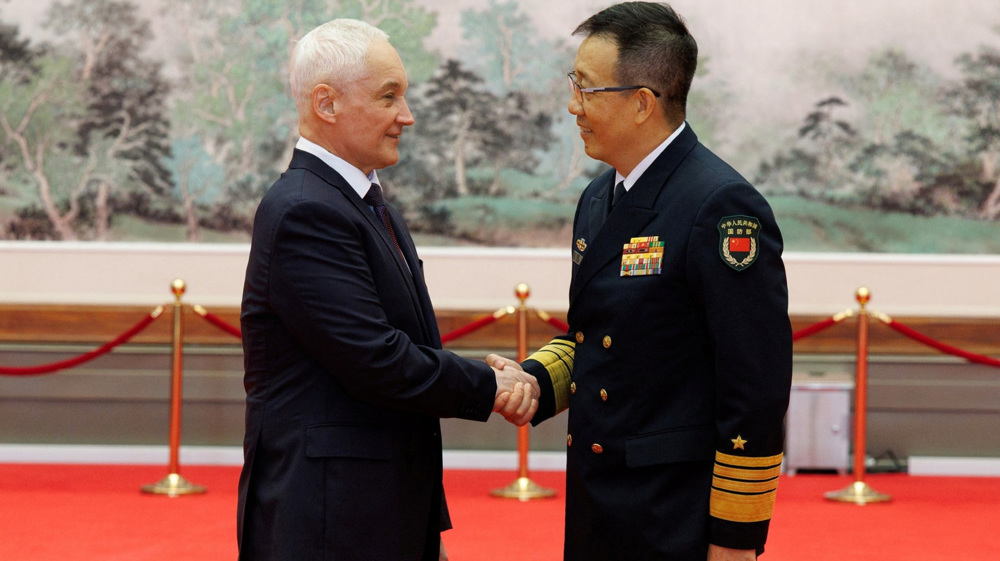
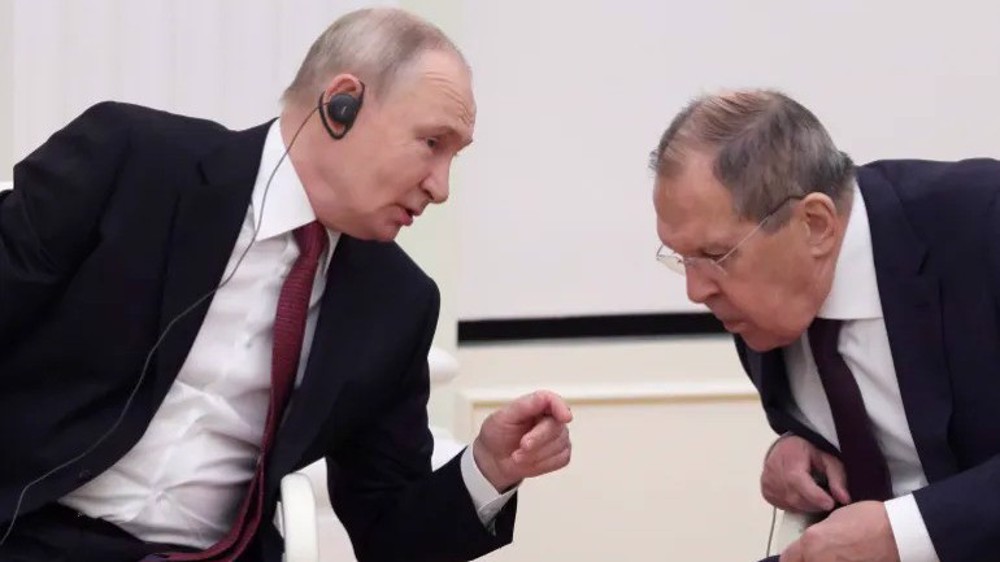
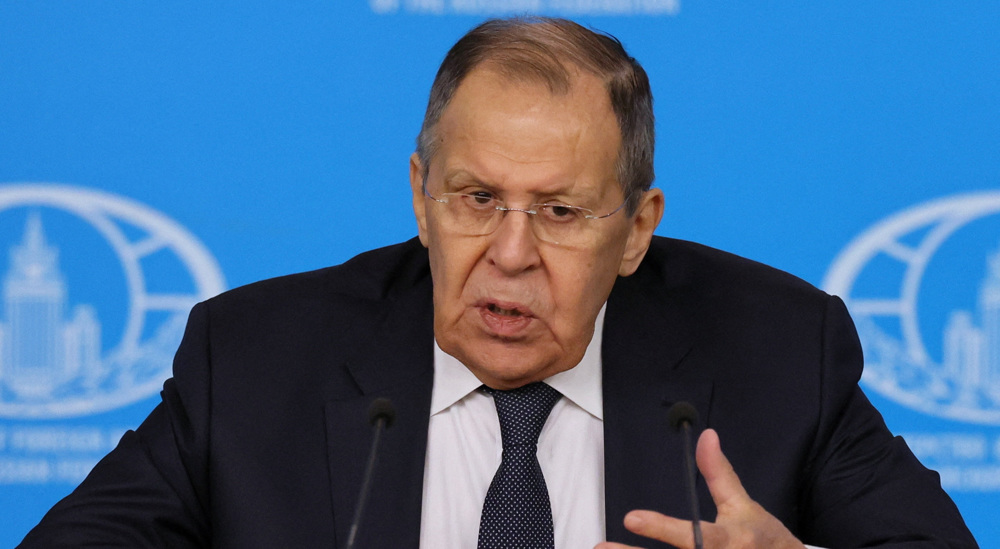




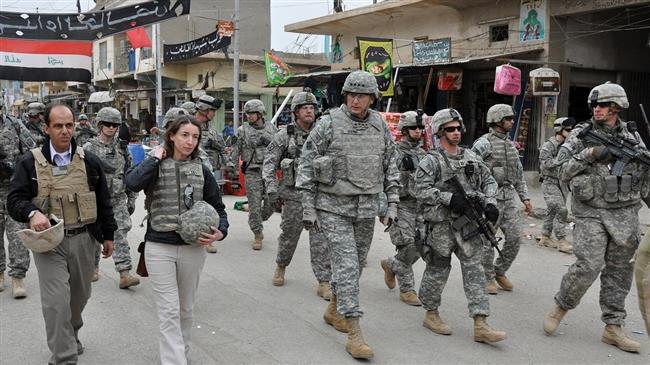
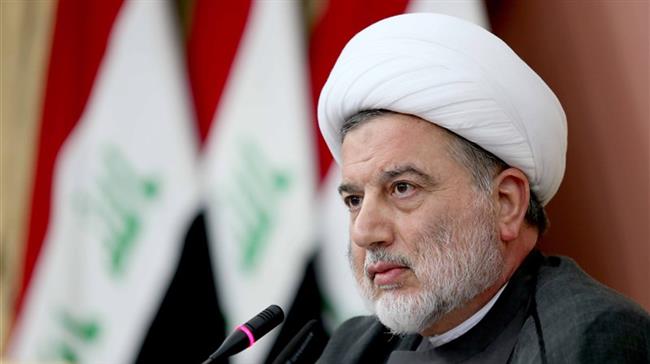



 This makes it easy to access the Press TV website
This makes it easy to access the Press TV website